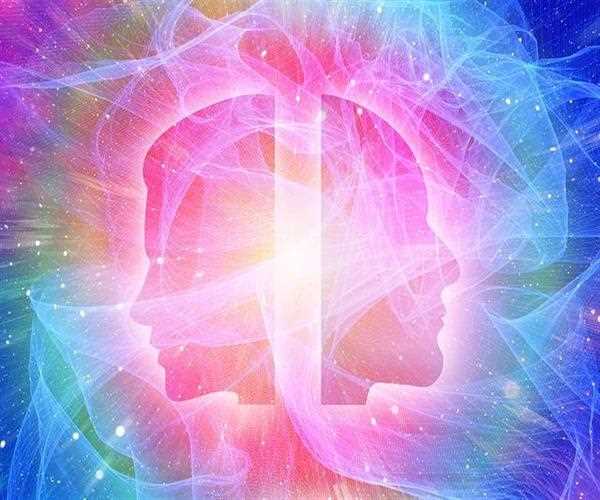
30-Aug-2022
What is Consciousness in Psychology?
What does it mean expected awake? Does it merely mean expected knowledge, or are skilled at various levels and states of knowledge? While many populations acknowledge knowledge as a friendly or otherworldly characteristic, in attitude, it has a very particular significance for things and their insane abilities.
What Is Consciousness In Psychology?
So, what is knowledge in attitude? Consciousness is individual of ultimate troublesome agreements to delineate. You can delineate knowledge in medicine plainly as knowledge, but that doesn't present a complete picture. It's knowledge of your within processes like thinking, impression, feeling, and alert. It sees the one you are and what you occupy.
Consciousness can mean the knowledge of thoughts. It can mean the control you exercise over your demeanor. It can concern what method awake and reactive you are. When you're intentional of occurrence, you see what it's like to have that occurrence. It can likewise mean being receptive to the importance of the present time.
Is Your Consciousness Separate From Your Physical Being?
Some psychologists plan that skill is no specific as knowledge other than physical processes. This view is named monism cause it adopts that your mind and carcass are alike. With the increasing of experimental studies that show the relations 'tween insane knowledge and intelligence environments, as reflected in EEGs, the idea of monism enhances more agreeable.
Other psychologists favor the Cartesian model of knowledge, at which point the mind and crowd are different bodies. This is-a-pair belief isn't as common as it previously was, but none has created another description that sees the tangible facets in agreement outside obliterating the whim of free choice.
Levels Of Consciousness
The plan of levels of knowledge therapy emanates psychoanalytic belief. Sigmund Freud grew a belief in the levels of knowledge. Although Freudian therapy has unconscious favor, mainly, this and added Freudian beliefs are still used to name facets of medicine. Freud's model detached knowledge into three levels: alert, automatic, and preconscious.
Conscious
For Freud, knowledge was outlined as an indiscriminate mind that holds all the ideas, perceptions, sentiments, and occurrences you're informed about the latest trends in importance. When you're intentional of entity, you can consider it rationally and discuss what you're experiencing.
Preconscious
Freud's idea of the preconscious was natural. He deliberates the preconscious as all the thoughts you have that you can approach surely. You aren't informed about the latest trends ruling class in importance, but you can gather those thoughts at whatever time you pick commotion so.
Unconscious
Freud was specifically concerned with the automatic. He sensed that unlocking the automatic would determine declaration removing the blame anxious state. The automatic, he hoped, was a few the mind that couldn't be achieved straightforwardly. He proverb this some the mind as a place urges, concerns, and plans forged conflicts, worry, and pain. The automatic held fears, unethical and intercourse urges, powerful purposes, senseless wishes, self-centered needs, and atrocious knowledge.
The ignorant wasn't just an intellectual blank room, either. Instead, it was like the best few an impartial, unseen beneath the surface of knowledge. To Freud, the ignorant affected knowledge and practice in exciting habits.
States Of Consciousness
States of knowledge attitude involve various states of knowledge containing:
Ordinary restless knowledge
Hypervigilance
Lethargy
Sleep
Dreaming
Hypnotic state
Drug-inferred states
Meditative state
Dissociative states
Lack of knowledge
Partial epileptic seizures
Death
Your state of knowledge has a big effect on the habit you see your knowledge. It changes the character of that happening for you. It grants permission to decide your fervors or your olfactory ideas of the knowledge.

Student
An inquisitive individual with a great interest in the subjectivity of human experiences, behavior, and the complexity of the human mind. Enthusiased to learn, volunteer, and participate. Always driven by the motive to make a difference in the sphere of mental health - and normalize seeking help through a sensitive and empathetic approach
Join Our Newsletter
Subscribe to our newsletter to receive emails about new views posts, releases and updates.
Copyright 2010 - 2026 MindStick Software Pvt. Ltd. All Rights Reserved Privacy Policy | Terms & Conditions | Cookie Policy